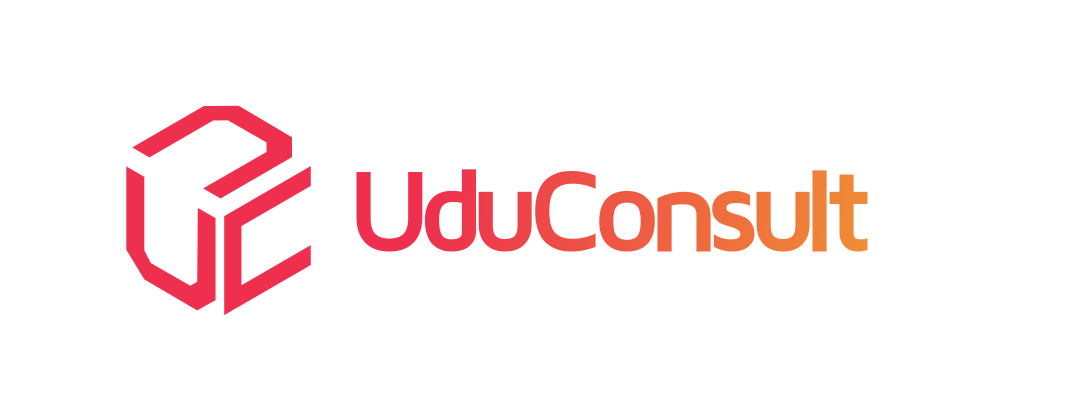… Discover the power of experiential learning in the Udu Aula

As businesses strive to keep up with the latest trends and technologies, the demand for skilled professionals who can navigate this dynamic landscape is paramount.
Hence the need for hands-on marketing and communications training, a method that has proven to be both impactful and transformative. But what is the science behind this approach adopted at Udu Aula, and why does it yield such positive results?
At its core, hands-on learning, also known as experiential learning, is grounded in the philosophy of ‘learning by doing’.
Benefits of hands-on training in marketing communications
Enhanced retention and application of knowledge
Research shows that people retain information more effectively when they engage in active learning. This is particularly relevant in marketing and communications, where practical skills such as content creation, social media management, and data analysis are crucial.
Development of critical thinking and problem-solving skills
Hands-on training encourages learners to think critically and solve real-world problems. By working on actual projects and campaigns, participants learn to navigate the complexities of the marketing and communications industry, adapt to changing circumstances, and develop innovative solutions. This kind of learning fosters a mindset that is essential for success in the fast-paced world of marketing and communications.
Increased engagement and motivation
Experiential learning is inherently engaging. When learners are actively involved in their education, they are more motivated and invested in the process. This engagement leads to a deeper commitment to learning and a greater willingness to tackle challenges. For marketing and communications professionals, this means a more enthusiastic and dedicated approach to their work.
Instant application to work
Practical experience builds confidence. Even before the end of experiential training programmes, participants can instantly begin to apply the knowledge to their jobs. As learners apply their knowledge and see the results of their efforts, they gain a sense of accomplishment and self-assurance. This translates into confidence. In marketing and communications, where the ability to communicate effectively and persuasively is key, this confidence is invaluable.
What we do differently at Udu Aula
Here are some strategies for implementing this approach in marketing and communications training programs:
- Real-world projects and simulations – Incorporate real-world projects and simulations into the curriculum. This could involve creating marketing campaigns, developing content strategies, or analysing market data. By working on authentic tasks, learners gain practical experience that is directly applicable to their careers.
- Collaborative learning – Group tasks are designed into our training programmes to encourage collaboration and teamwork. Marketing and communications often involve working with diverse teams, and collaborative learning helps participants develop the interpersonal skills necessary for success.
- Assessments – For our short two to three-day programmes, we ensure that learners have take-home assignments and our one-month programmes culminate with a project. Learners are given case studies and must make a presentation before they are deemed as having completed the programme and eligible for certificates.
- Personal reflection – We incorporate feedback and reflection into the learning process. Participants in our programmes are required to submit a reflective statement detailing what they learnt and how the programme with improve their professional practice. This reflection encourages them to think critically about their experiences.
To request a training programme, email info@uduconsult.com.
